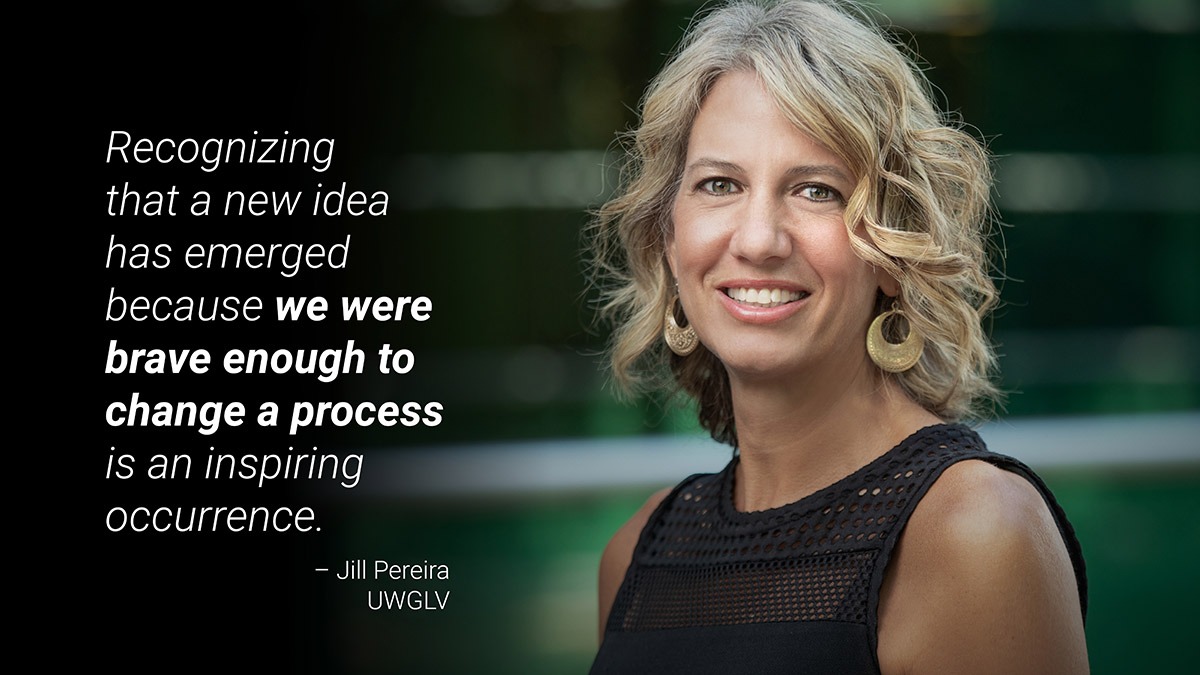Jill Pereira of UWGLV discusses Collective Impact and how local United Ways partner with the community to create meaningful change

United Way organizations are leading and supporting collective impact efforts globally, some since the model was widely introduced in 2011. United Way of the Greater Lehigh Valley (UWGLV) was at the forefront of these efforts when we used the collective impact approach to organize collaborative efforts addressing issues related to education, healthy aging, and food access. As the collaboration progressed, we provided skills development for local collective impact leaders, and began to address human trafficking, recidivism, and suicide prevention.
“The ‘United Way’ is not just a name, it is about the way being ‘united’ for positive community change, for real impact, for bringing people together to tackle the toughest challenges we have,” stated Marci Lesko, Executive Vice President & Corporate Secretary at UWGLV.
Jill Pereira, Vice President, Education & Impact for UWGLV, and 3 other leaders of United Ways across the country participated in a roundtable discussion about how their organizations have expanded their roles to create change alongside the communities they fund.
“The number one challenging shift that we’ve had to make has been to move from pure funder to a collaborative community partner that shares accountability for successful outcomes and a different way of resource distribution,” stated Pereira during the interview. “We know that our journey is not over, but seeing ourselves and having our community see us as an organization that’s open to change and willing to operate differently has been critical to this collective impact evolution for us,” Pereira said.
“We have been a leader in fostering collaboration across sectors, both teaching and modeling how to truly listen and engage and to create forward movement. This roundtable highlights our commitment to embracing the collective impact model as a key method for getting our work done in such powerful ways,” added Lesko.
Read the full roundtable transcript or listen to the podcast at Stanford Social Innovation Review.